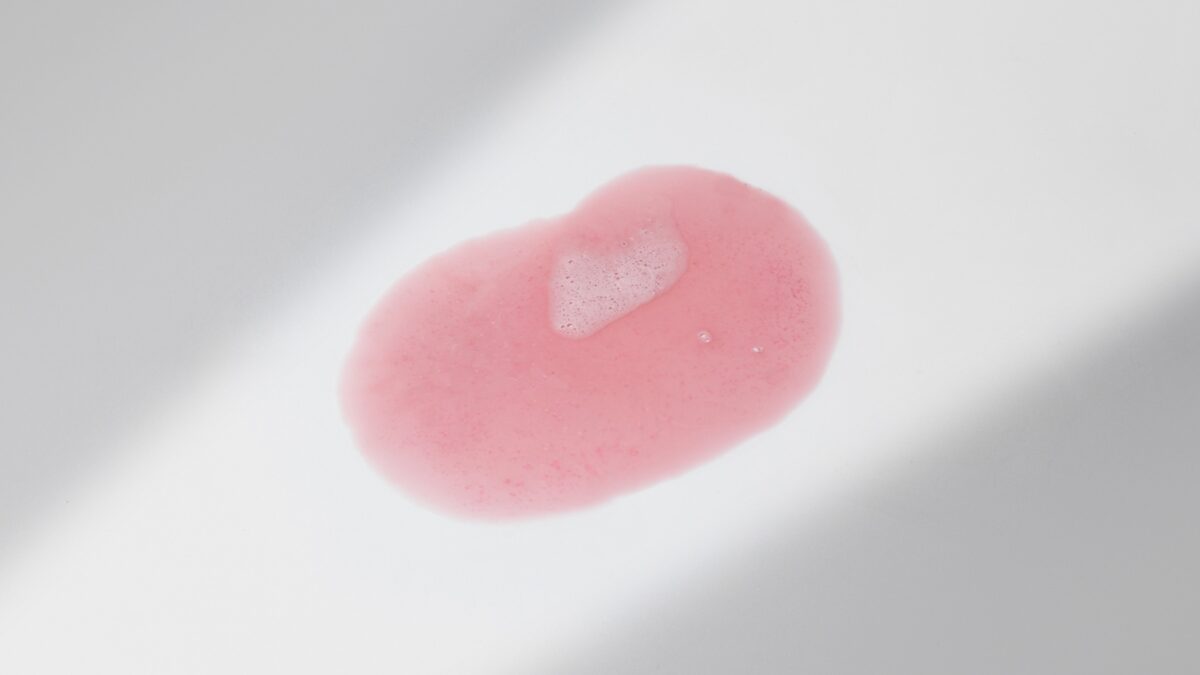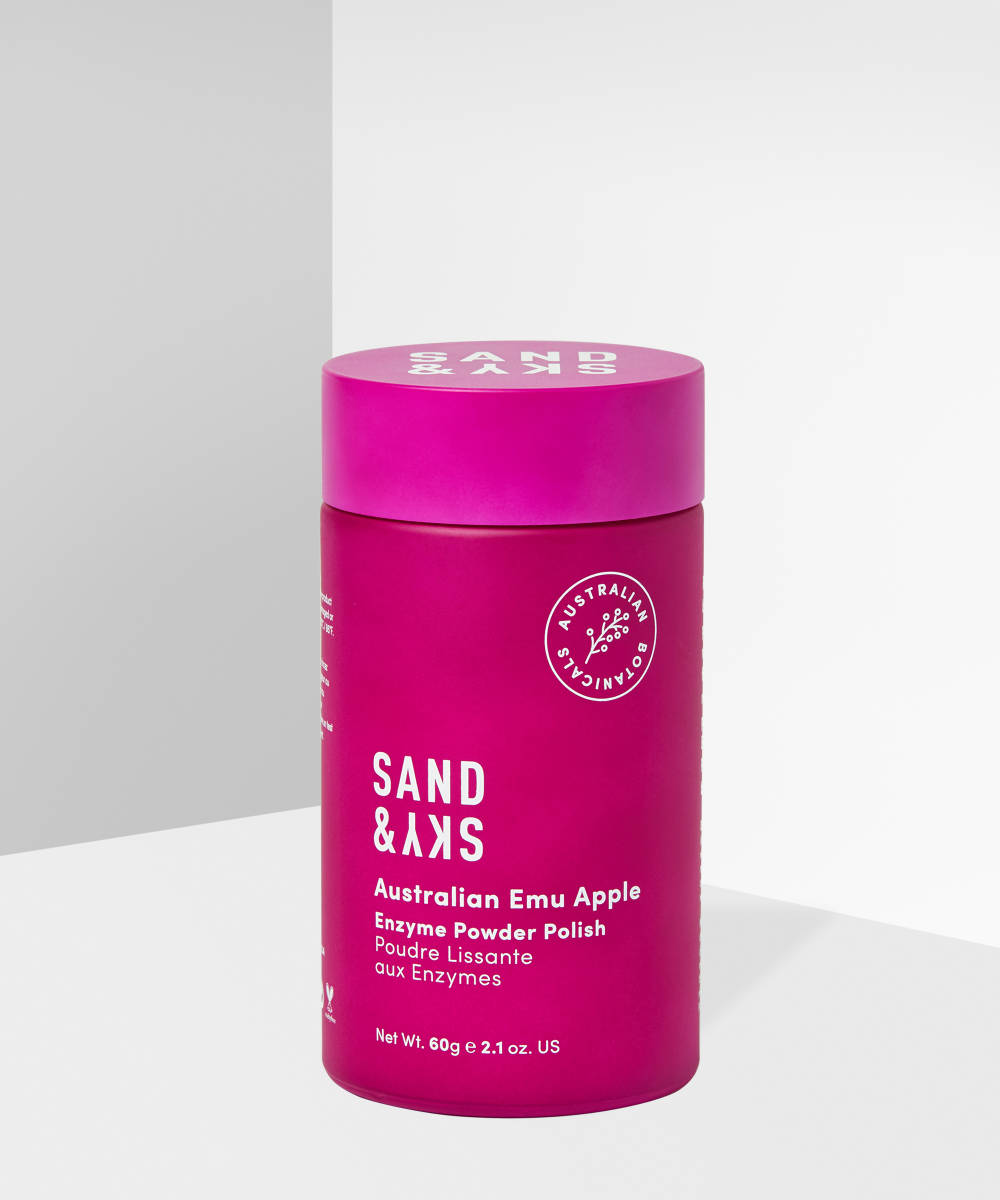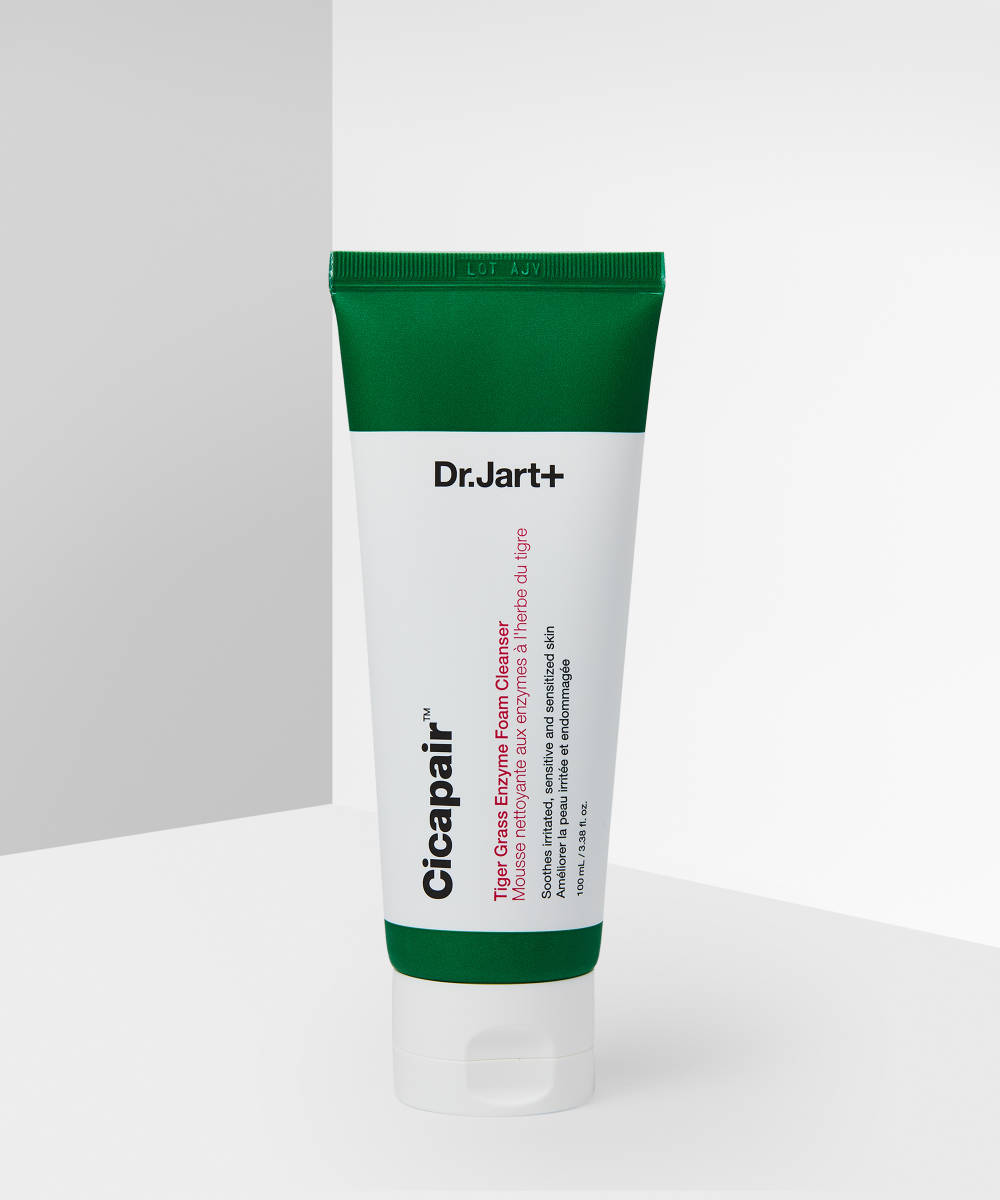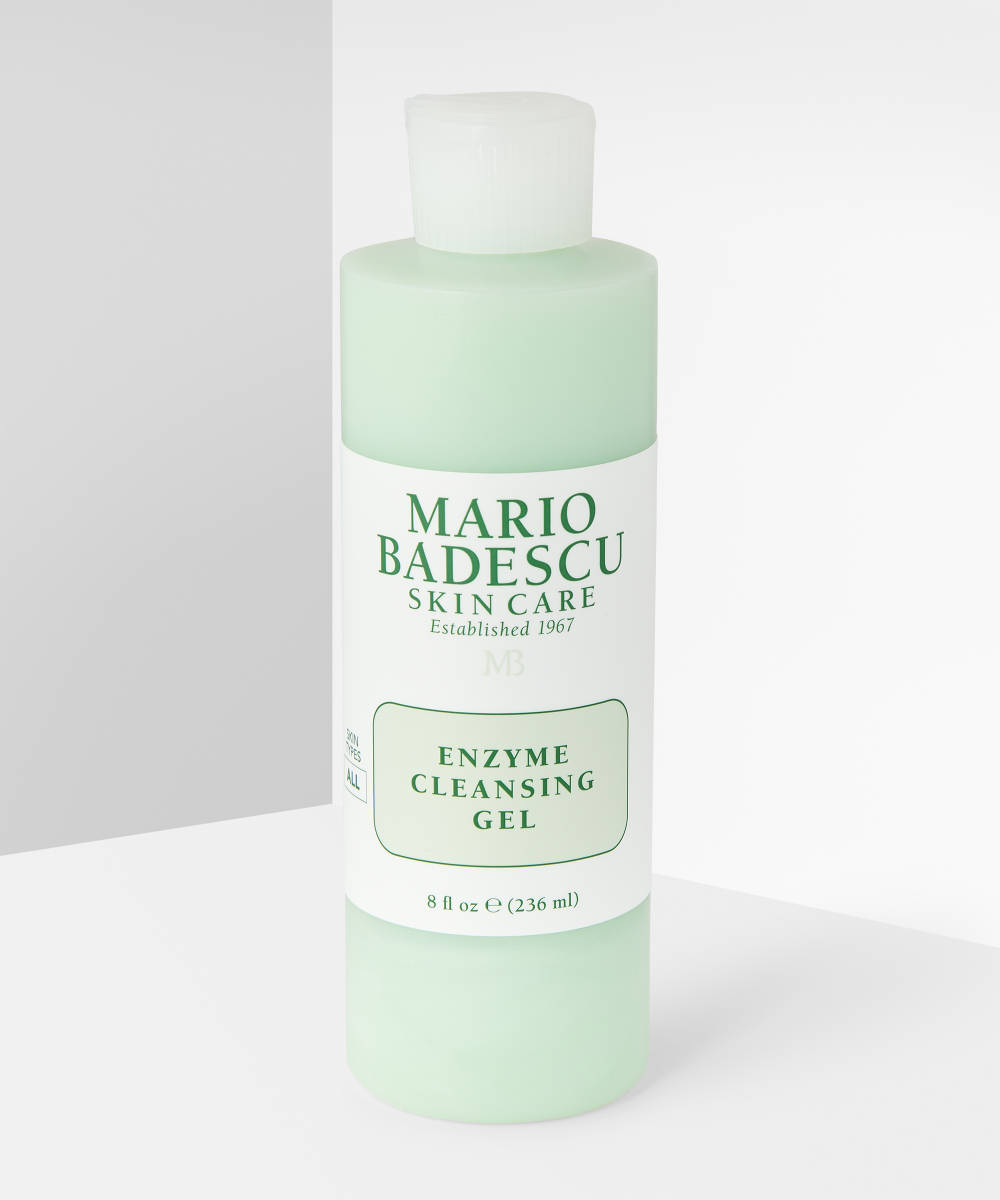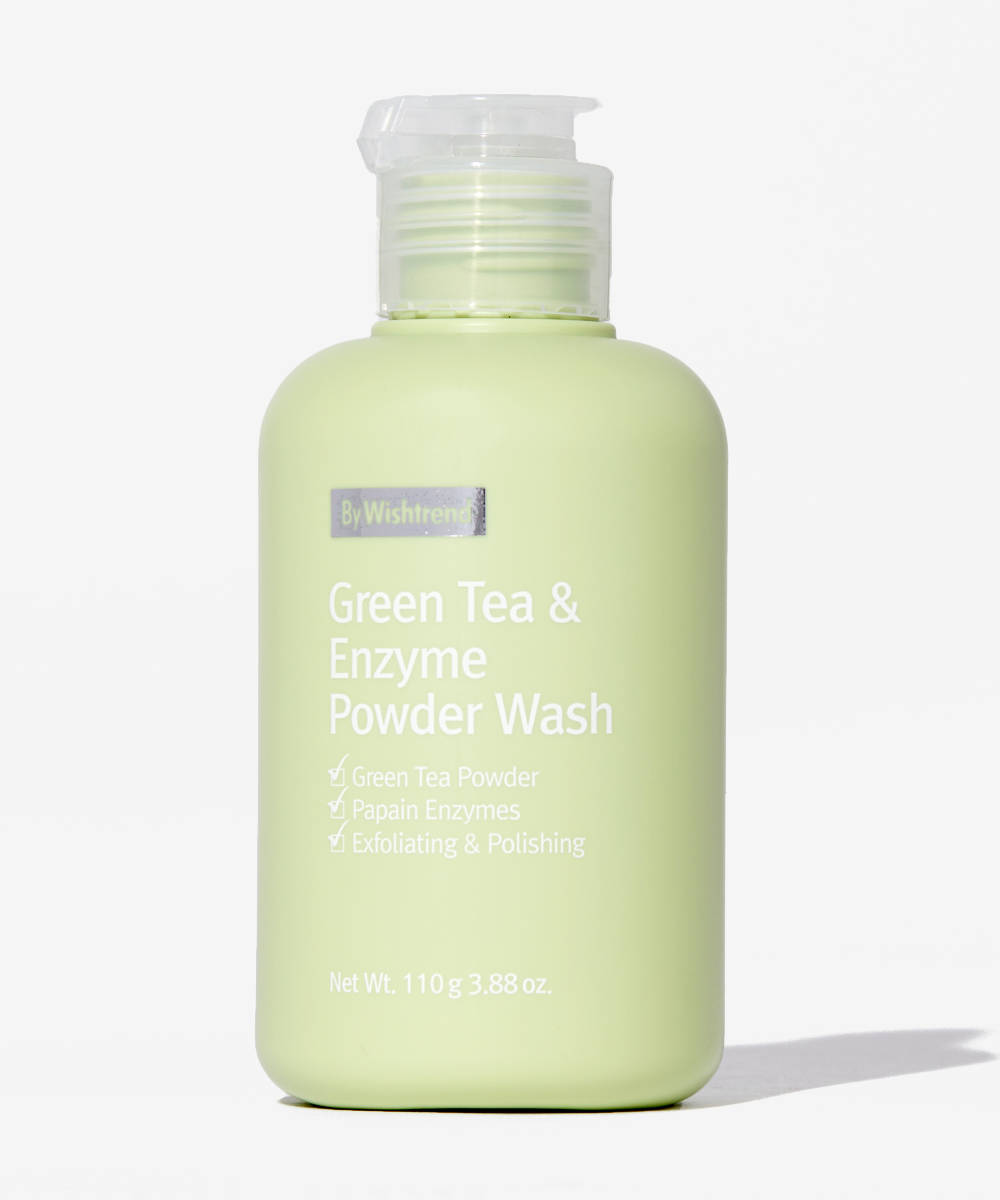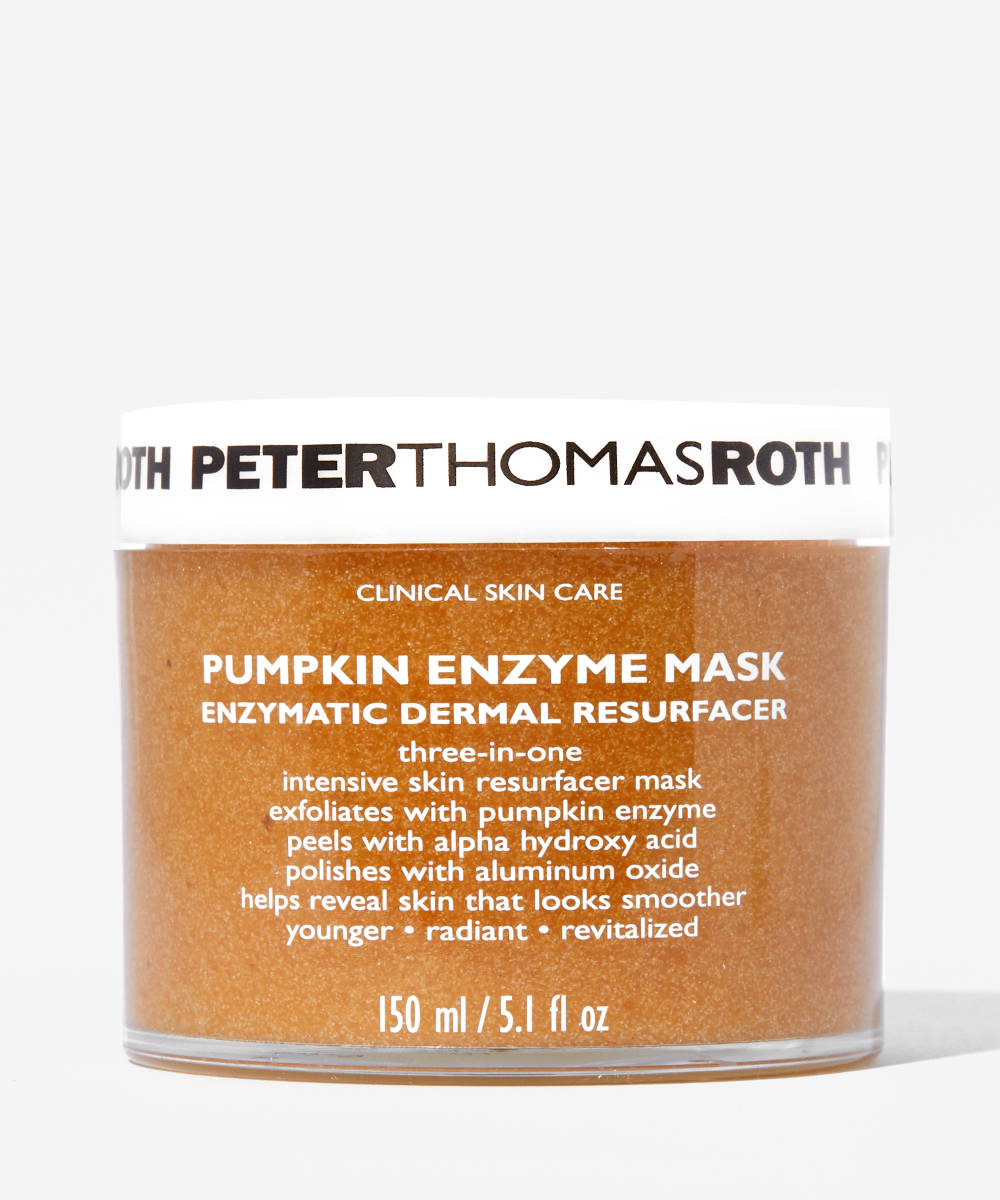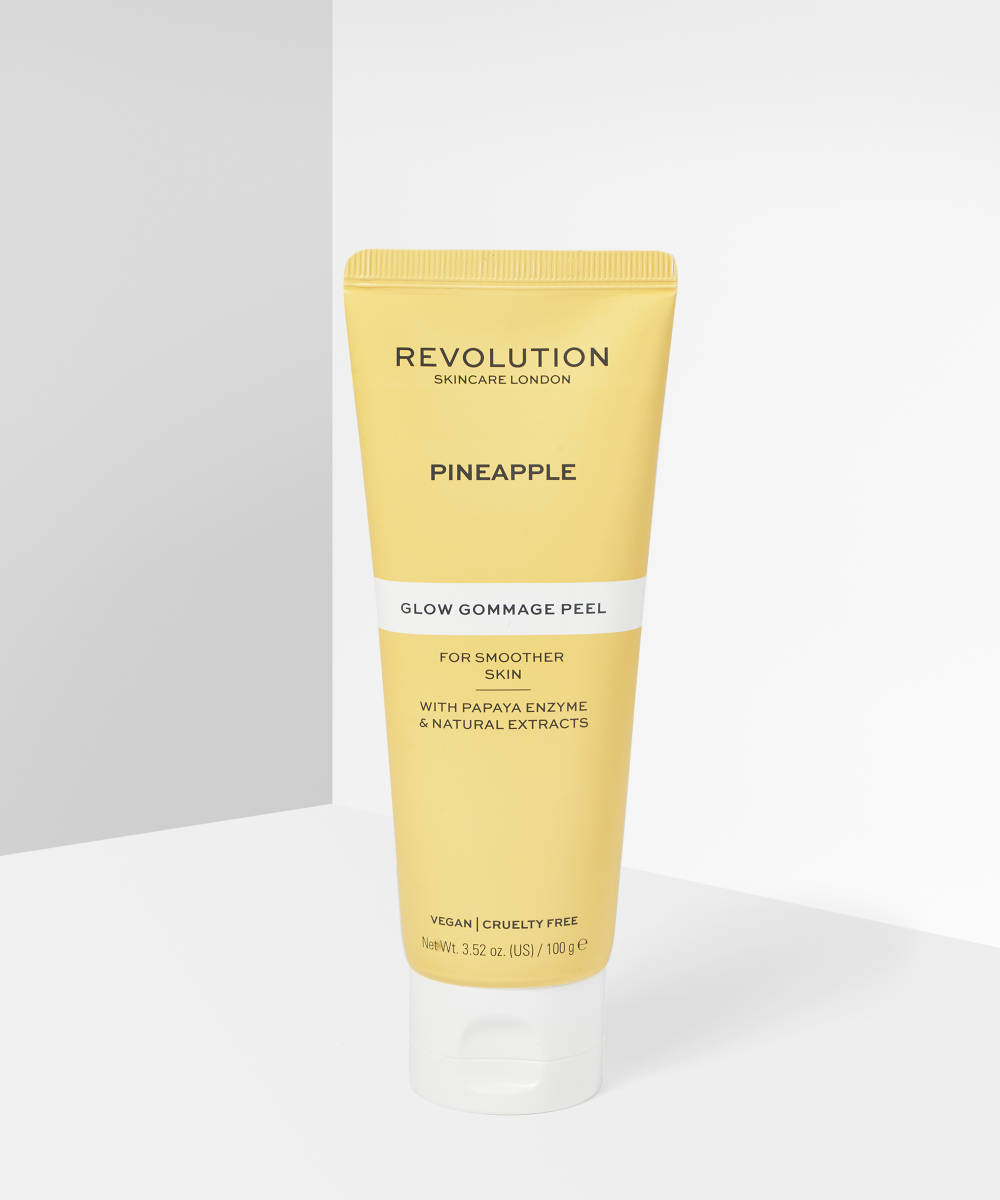When it comes to exfoliation, you have two options – physical exfoliation (for example a scrub which buffs skin) or chemical exfoliation (which relies upon active ingredients to remove dead skin cells). Chemical exfoliants are increasingly popular because unlike scrubs, they work without the risk of scratching or tearing at the skin, but there are a number of different types of chemical exfoliant to choose from. Acids such as glycolic or lactic acids are some of the most popular and well-known, but if you have dry or sensitive skin then you may want to consider enzyme exfoliation. Hailed as a gentler alternative to acids, enzymes are frequently used by skincare professionals to help address dull, textured skin.
Scroll down for the ultimate guide to enzyme skincare.
What are enzymes?
Enzymes are proteins built from chains of amino acids. There are a number of different types of enzymes, but they all essentially work by speeding up reactions and processes in the body – so the enzymes that aid exfoliation work by encouraging cell renewal and cell turnover. Most commonly, exfoliating enzymes are derived from fruits such as pineapples (bromelain) and papaya (papain).
How do enzymes work?
Enzymes work by breaking down the keratin proteins in the upper layer of skin. Keratin proteins bond skin cells together, so when they’re broken, any dead skin in this upper layer is removed, resulting in smoother, brighter skin. This process naturally occurs as part of skin’s cycle of renewal, but by using enzymes, we’re able to speed it up and therfore see quicker and more noticeable results.
What do enzymes do?
By removing dead skin, enzymes leave skin smoother and brighter, so they’re great for treating concerns such as rough texture, dullness, and pigmentation. This process also prevents dead skin cells from clogging pores and causing congestion (which can result in breakouts) and allows for better absorption of further skincare that you apply.
When should you use enzyme skincare?
Enzymes are found in a number of different types of skincare products, but often within cleansers and masks – so it’s up to you to choose how and when they fit into your routine. As a general rule, to avoid over-exfoliating, it’s best not to exfoliate more than once or twice a week, but as enzymes are very gentle, you could for example use an enzyme cleanser daily. Enzymes work best in warmer temperatures so it’s often recommended to use enzyme cleansers and masks in the shower – the steam will help to speed up the exfoliation process even further.
